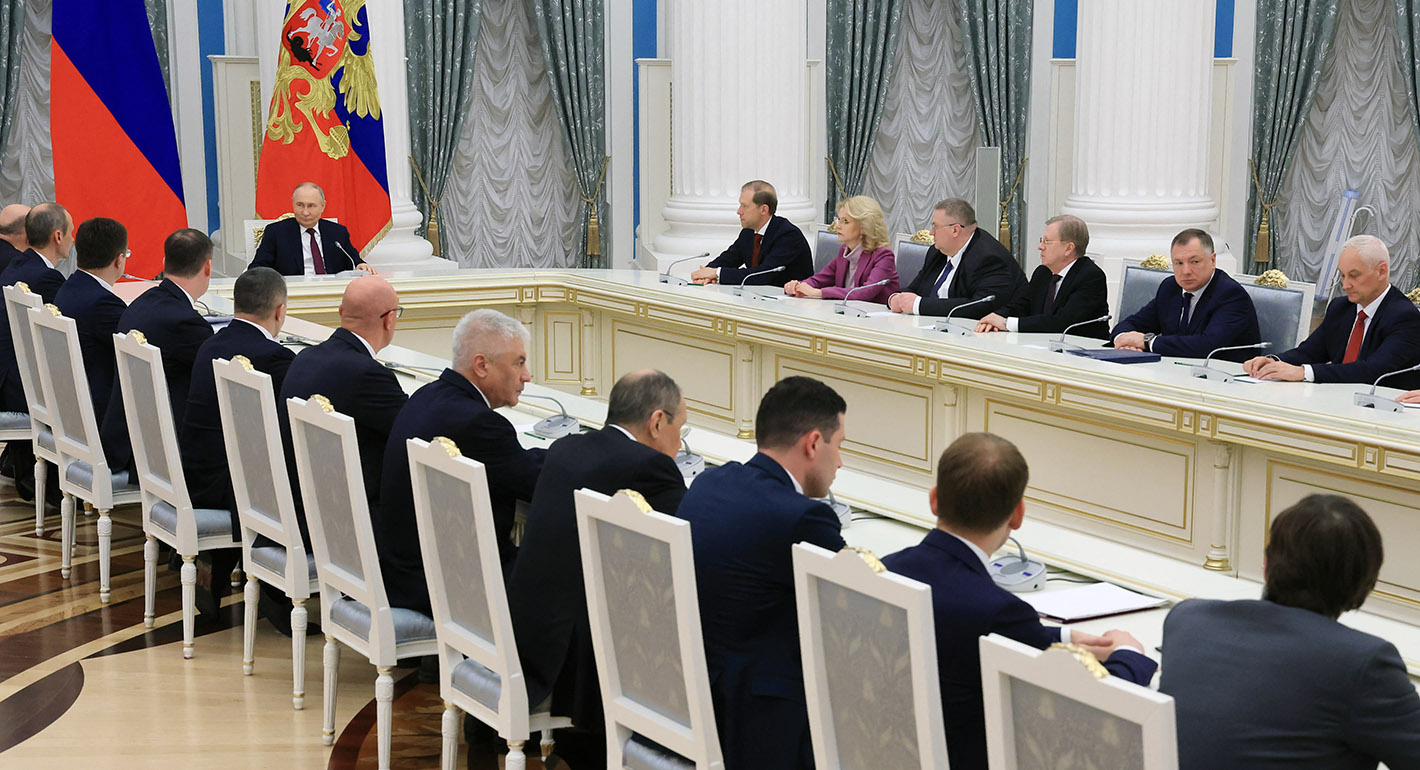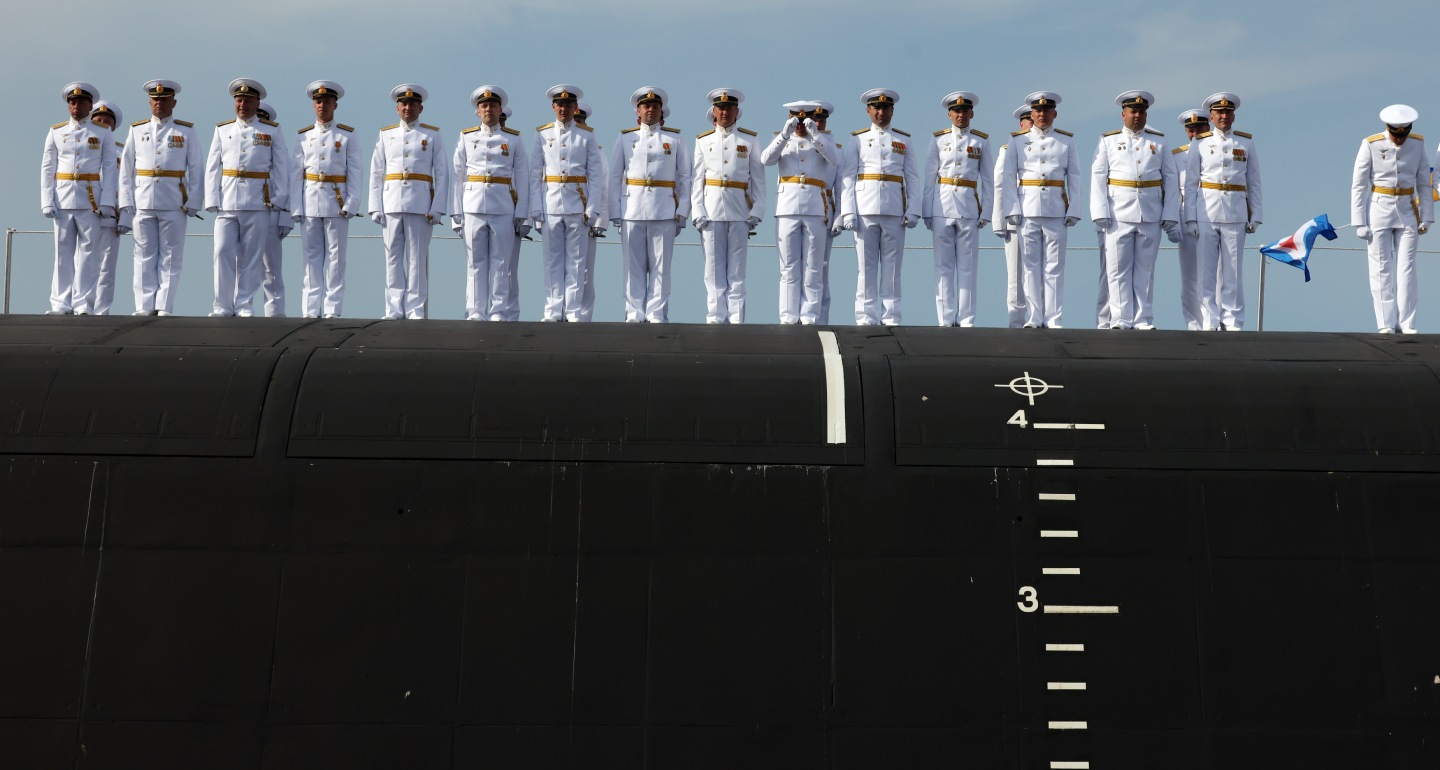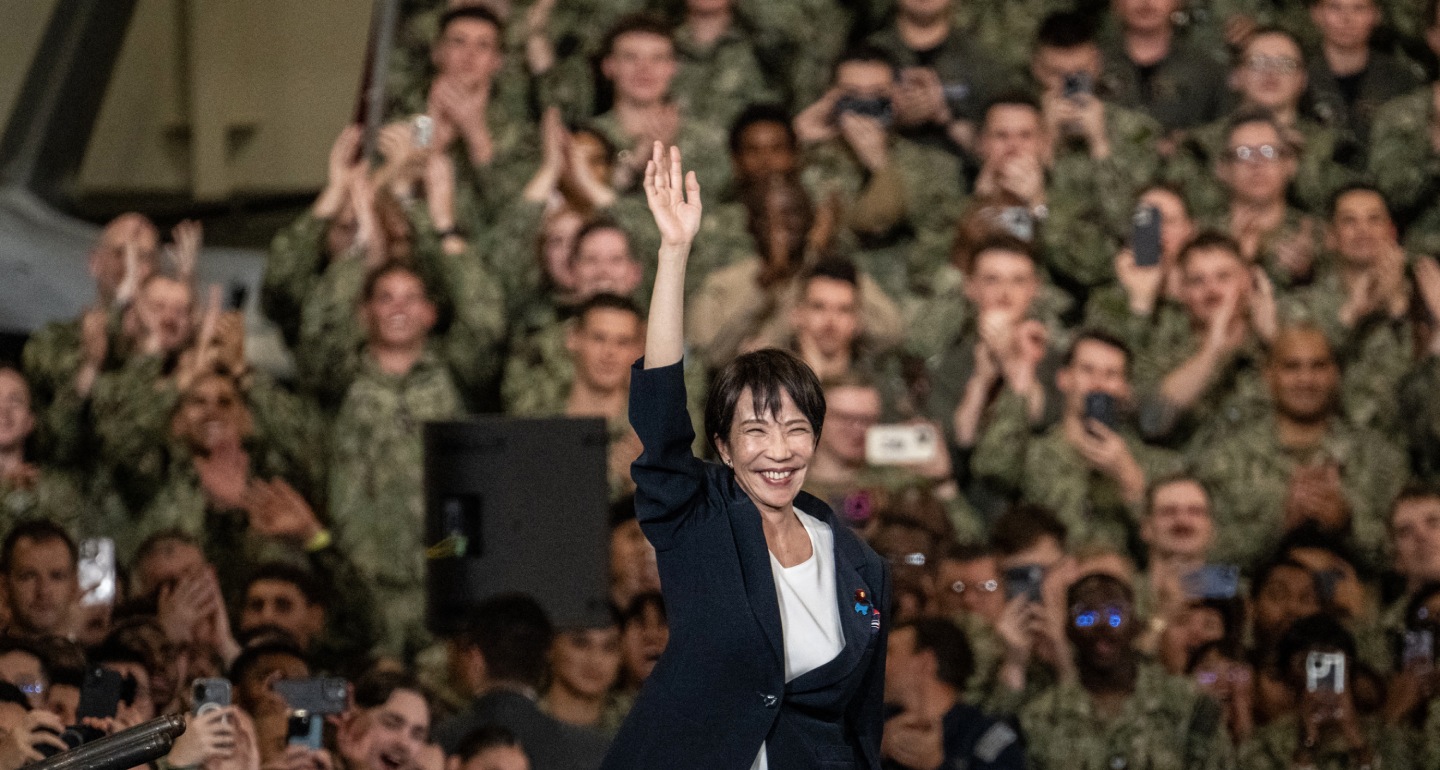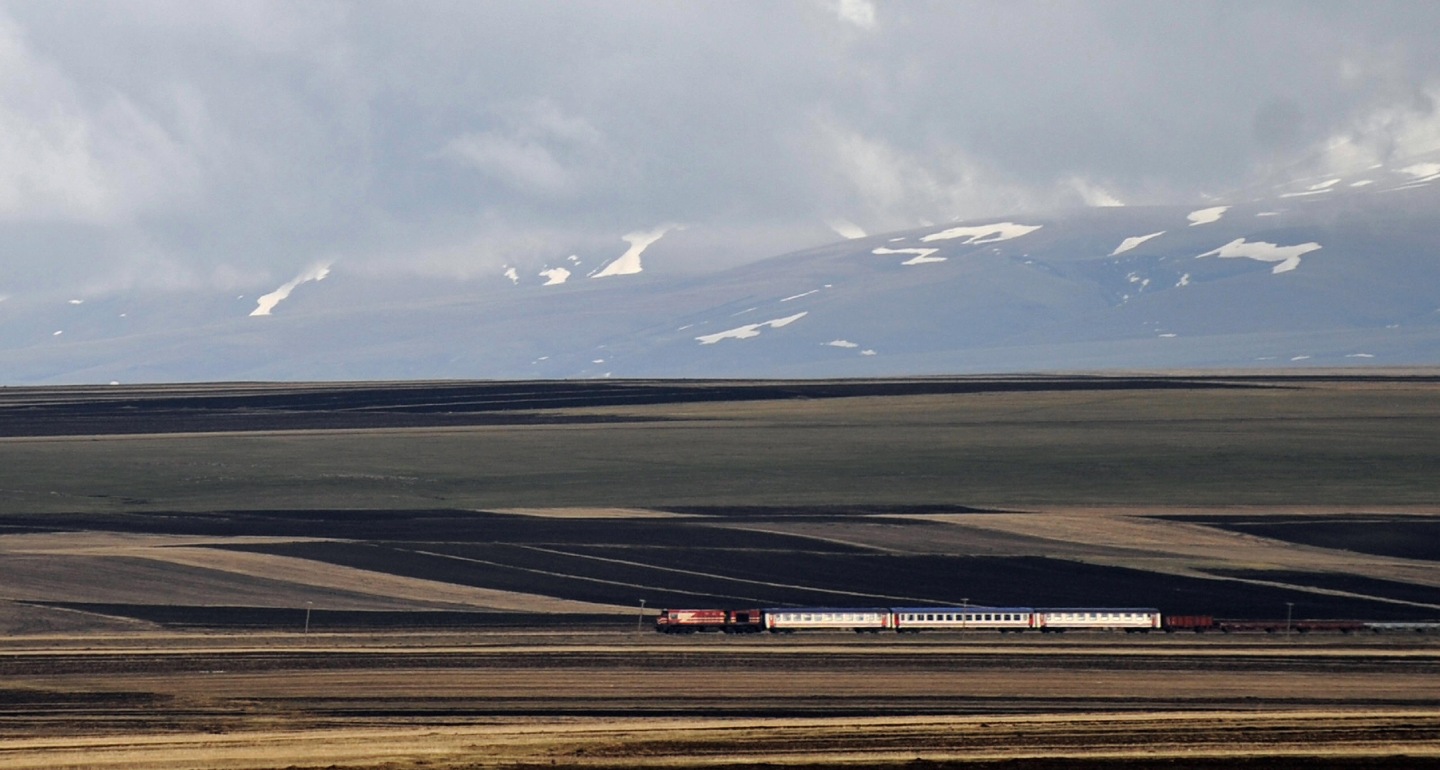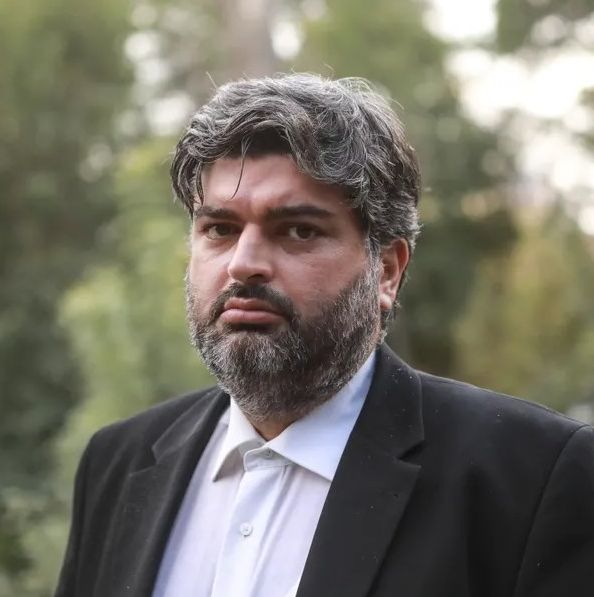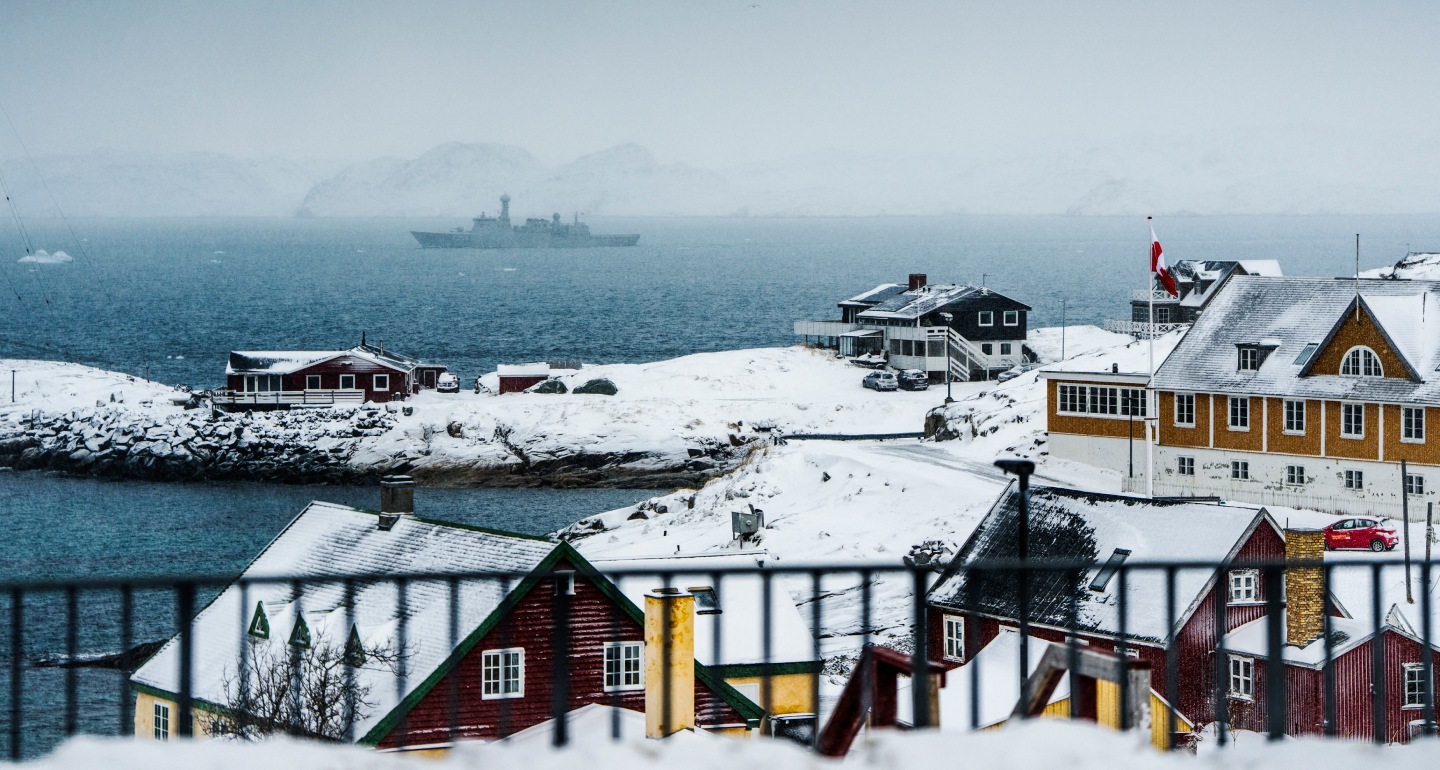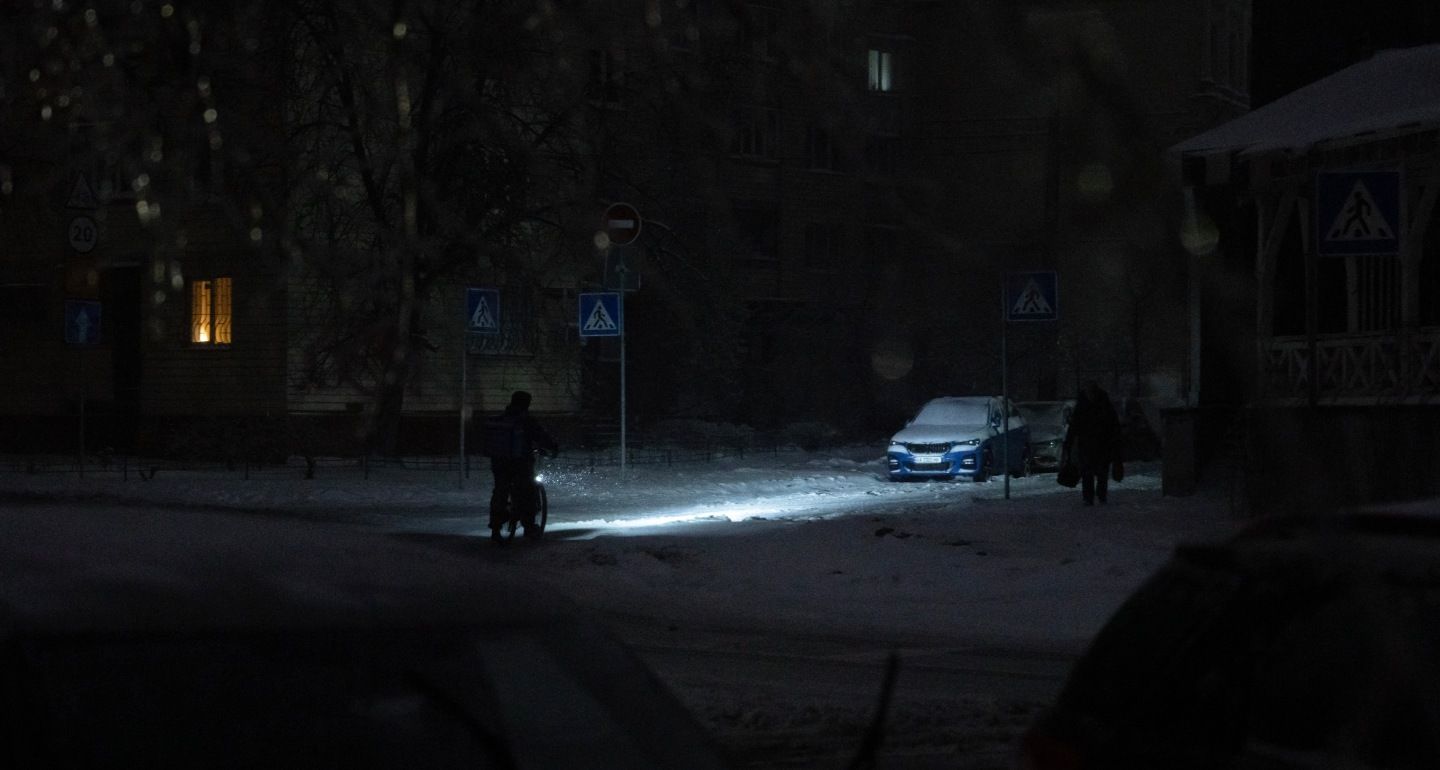To maintain stability, the power vertical should be in a constant state of renewal, promoting ambitious and efficient bureaucrats and retiring their aging, weary colleagues. But Russian President Vladimir Putin prefers to be surrounded by as many of his oldest acquaintances and predictable figures as possible. That means either leaving them in the same posts for years or inventing new positions for them, with often vaguely defined authority.
Right now, the upper levels of Russia’s power vertical are both a retirement home for Putin’s associates who have served out all possible terms, and an ever-growing reserve bench of promising and ambitious bureaucrats. Personnel decisions are becoming increasingly random due to the oversized pool of contenders, and the elites have given up trying to navigate the nomenclature of positions. As a result, the system’s efficiency is in decline.
Putin’s latest government reshuffle following his inauguration for a fifth presidential term is yet another illustration of his ultraconservatism. Most key officials retained their posts, and influential groups kept control over the ministries they wanted, even if that involved some members within those groups changing roles.
At the same time, there are plenty of influential officials close to Putin who are keen to move on to pastures new, but have been passed over. These men include the head of the presidential administration Anton Vaino, who now holds the record for the longest tenure in this post, his first deputy Sergei Kiriyenko, and deputy prime ministers Yury Trutnev and Dmitry Chernyshenko.
Seventy-four-year-old Foreign Minister Sergey Lavrov, who has been in his post for twenty years, would likely also want to do something a little less strenuous. But Putin prefers familiar faces rather than change. As a result, individual positions are starting to be conflated with their incumbents, and the current distribution of roles in the system appears to be set in stone.
The rare exceptions only prove the rule. Putin did replace Sergei Shoigu as defense minister after the latter’s enemies changed tactics to focus on corruption rather than problems at the front in Ukraine. But even then, the president did not exclude his longtime associate from his inner circle. The logic of the vertical is such that a compensatory position must always be found.
For Shoigu’s case, that post is secretary of the Security Council. For the former minister, this is effectively a demotion: ever since his days heading up the Emergencies Ministry in the 1990s, he has been accustomed to managing large sums and infrastructure projects, while the position of secretary of the Security Council offers no such opportunities. But still, Shoigu has not been consigned to oblivion.
It was a harder fall for Nikolai Patrushev, whom Shoigu replaced on the Security Council. He was a public figure and clearly had no plans to step down, but has now become a presidential aide “overseeing shipbuilding.” It’s not clear exactly why he was removed from the post—it may simply reflect his age (seventy-two) rather than indicate that he displeased Putin—but it’s another clear demotion.
Ultimately, however, the system did not dare to retire any of its participants completely, and the Defense Ministry shakeup was the only notable one. Putin has lost the ability to get rid of people who are either unable to work efficiently due to their age or have become toxic.
This is also true of the new defense minister: as first deputy prime minister for economic affairs, Andrei Belousov made enemies of major entrepreneurs, and had in fact been a candidate for dismissal. But Putin found a new job for his longtime associate—albeit a most unexpected one, since Belousov had no previous connection to the armed forces.
The power vertical has turned into something of a storeroom for Putin, out of which he can pluck this or that figure as and when needed. Still, such cases are increasingly rare, which is why the upper echelons of the vertical increasingly resemble a retirement home for officials whose strength and power are waning.
A rung beneath them, meanwhile, are promising officials awaiting opportunities for a career leap. The reserve bench includes Putin’s young favorites such as Kirill Dmitriev (the head of the Russian Direct Investment Fund), Maxim Oreshkin (a former presidential aide and now deputy chief of staff for economic issues), and Alexei Dyumin (Putin’s former bodyguard who has progressed from governor of the Tula region to presidential aide for defense).
The new roles of those last two are especially telling. Experts have variously tipped Dyumin as a potential successor to Putin, defense minister, deputy prime minister for industry, or the head of the presidential administration. Oreshkin, meanwhile, was widely predicted to become prime minister or at least deputy prime minister. But as a result of the May reshuffle, both of them have found themselves in newly invented positions of the president’s aides with extremely vague powers.
Another of those left on the bench is Boris Kovalchuk, son of Yury Kovalchuk, a tycoon and close friend of Putin. His appointment to head the Accounts Chamber is a far cry from running an energy giant (Russian media had reported that Boris Kovalchuk planned to head up Rosneft or Gazprom).
As for the technocrats from federal departments who were sent away to become regional governors under the promise that this was but a step on the road to glory, Dyumin’s example shows that they should not expect dizzying or rapid career growth.
Putin’s conservatism in his personnel decisions is leading to three obvious problems for the power vertical. The first is intense disappointment for the ambitious bureaucrats who are working diligently for the system but are left on the bench. Why exert yourself if the post you aspire to will be occupied for years to come by someone familiar to Putin, during which time the number of contenders for that seat will only increase? Oreshkin and Dyumin may yet progress up the ladder, but with every year that passes, a major promotion becomes increasingly unlikely.
Secondly, the abundance of potential candidates for a given position makes the president’s personnel decisions increasingly arbitrary, which undermines the effectiveness of the system as a whole. The appointment of Belousov as defense minister is just one example of this kind of controversial decision: it’s far from guaranteed that an economic theorist can handle even the economic side of the defense ministry.
Thirdly, with the system even refusing to accept people’s resignations, there is a growing cancerous tumor in personnel appointments that is now impacting the functioning of the state. These processes make it difficult for influential figures to navigate the system. It has become very crowded at the top of the vertical, with responsibility for the same issue being shared by ministers and presidential aides, deputy prime ministers and the heads of state corporations, and the government and the presidential administration. Elements of authority are scattered among different functionaries, and decisionmaking centers are amorphous.
All of this is negatively impacting the work of the power vertical and minimizing opportunities for its renewal. The state of Putin’s system is increasingly accurately characterized by one word: “stagnation.”

